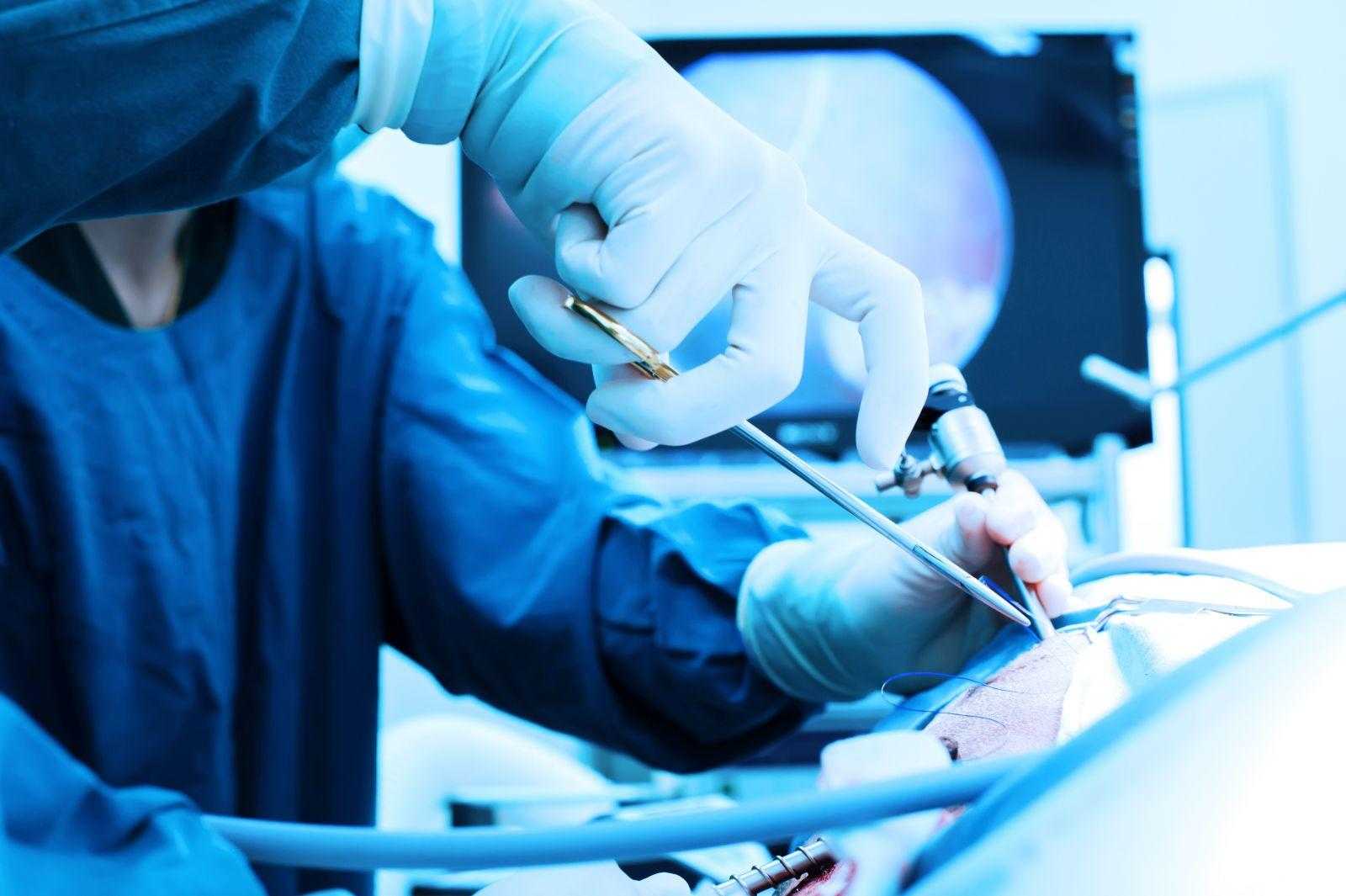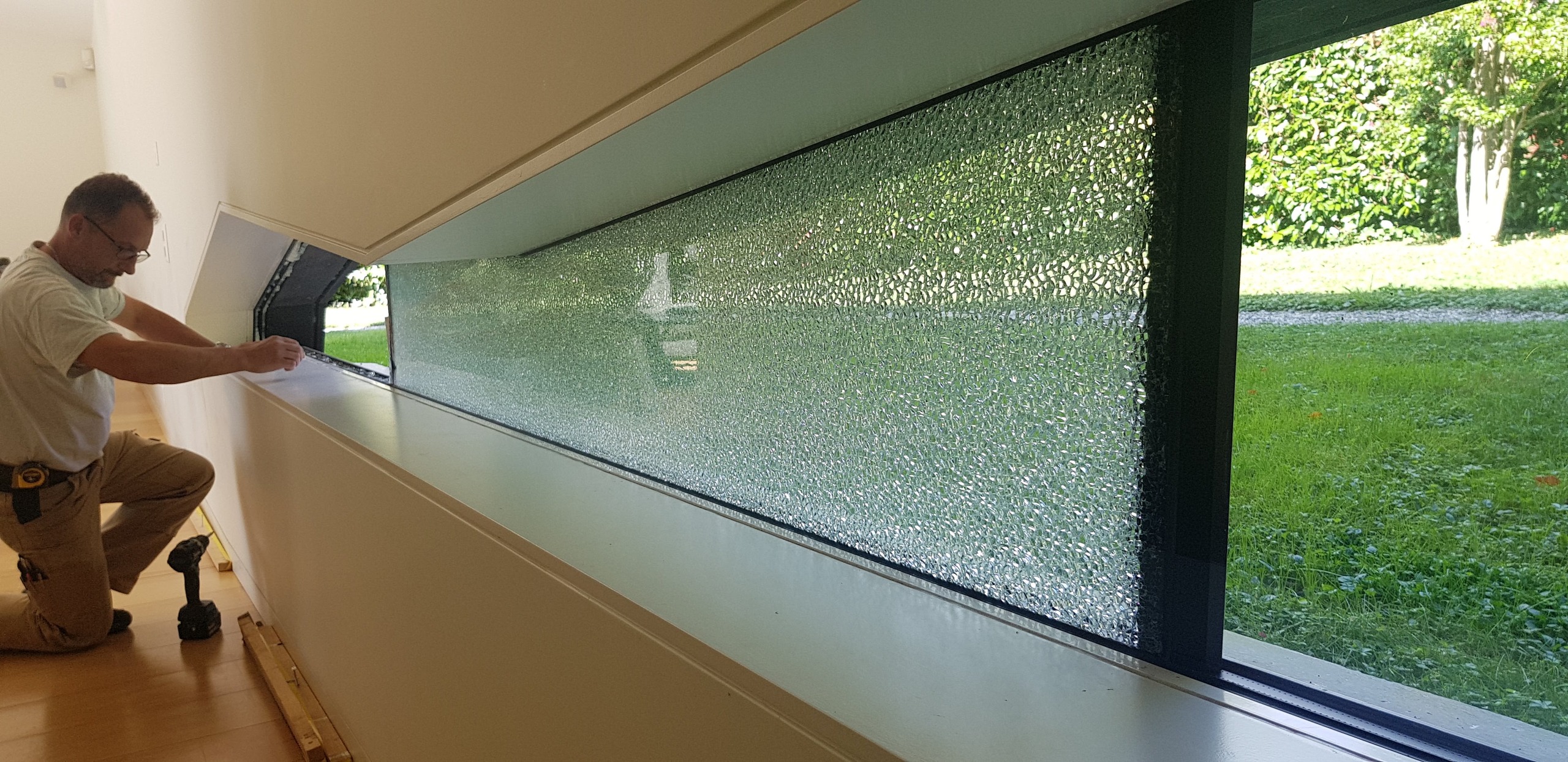
Hernia surgery is one of the most common surgical procedures performed worldwide. It’s essential for anyone suffering from a hernia to understand what it is, the different types of hernia surgery available, and the role of a skilled hernia surgeon in Delhi in ensuring a quick and effective recovery. With advancements in medical technology, hernia surgeries today are more precise, less invasive, and result in faster recovery times compared to traditional methods.
In this blog, we will discuss the various aspects of hernia surgery, its importance, the types of procedures available, and how the expertise of a hernia surgeon in Delhi plays a vital role in providing precision care and ensuring quick healing.
What is a Hernia?
A hernia occurs when an organ or fatty tissue pushes through a weak spot or opening in the surrounding muscle or connective tissue. It can develop in various parts of the body, but the most common locations are the abdomen, groin, and upper thigh. The most prevalent types of hernias are inguinal hernias (in the groin area), umbilical hernias (around the belly button), and hiatal hernias (upper stomach area).
Hernias can cause discomfort, pain, and in some cases, life-threatening complications if left untreated. Symptoms may include a noticeable bulge, pain or pressure at the site, and in more severe cases, nausea or vomiting. Surgery is usually recommended to prevent these complications and restore normal body function.
Importance of Hernia Surgery
While some hernia cases may not cause immediate issues and could be monitored over time, the majority of hernia surgeries require surgical intervention. The risks of leaving a hernia untreated can include strangulation of the intestine, which can cut off blood flow and lead to severe complications, including tissue death or infection. In these cases, hernia surgery becomes not just a treatment option but a medical necessity.
Hernia surgery aims to correct the defect, relieve pain, and reduce the risk of complications. Today, thanks to innovations in surgical techniques, hernia surgeries have become safer and more effective, offering minimal downtime and faster recovery periods.
Types of Hernia Surgery
Hernia surgery can generally be divided into two categories: open surgery and minimally invasive (laparoscopic) surgery. Both types aim to repair the defect in the muscle wall, but they differ in how the surgery is performed.
1. Open Hernia Surgery
In open surgery, a larger incision is made to access the hernia site. The surgeon then pushes the bulging tissue back into place and strengthens the weakened area using sutures or a synthetic mesh. While this is a highly effective method, the recovery time can be longer due to the larger incision and higher risk of postoperative pain.
2. Laparoscopic Hernia Surgery
Laparoscopic surgery, also known as minimally invasive surgery, involves making small incisions through which a camera and specialized surgical instruments are inserted. This approach allows the surgeon to repair the hernia without making a large incision. The benefits of laparoscopic surgery include reduced scarring, less postoperative pain, and a quicker recovery period.
In both types of hernia surgery, a mesh may be used to reinforce the weakened area and prevent the hernia from recurring. The choice of procedure largely depends on the type, size, and location of the hernia, as well as the patient’s health and preferences.
The Role of a Hernia Surgeon
The expertise of a hernia surgeon in Delhi plays a critical role in ensuring a successful surgery and a speedy recovery. A highly skilled hernia surgeon not only understands the technical aspects of hernia repair but also has the ability to assess the unique needs of each patient, recommend the most suitable surgical method, and provide guidance on post-operative care to facilitate quick healing.
A well-trained hernia surgeon in Delhi will consider several factors before recommending surgery. These factors include the type of hernia, the patient’s age, overall health, and the severity of symptoms. They will also ensure that the surgical procedure is carried out with precision, using the most appropriate techniques and technology available to achieve the best outcome.
One of the most significant advantages of working with an experienced hernia surgeon is their ability to minimize the risk of complications during surgery. By selecting the correct approach, whether laparoscopic or open surgery, and using advanced techniques, the hernia surgeon can reduce the likelihood of infection, scarring, or other complications.
Benefits of Precision Care in Hernia Surgery
Precision care in hernia surgery involves using advanced imaging techniques, state-of-the-art surgical tools, and an in-depth understanding of the patient’s anatomy to ensure the best possible outcome. By focusing on precision, the surgeon can achieve several key benefits for the patient:
- Reduced Pain: Precision surgery often involves smaller incisions and less disruption to surrounding tissue, which significantly reduces postoperative pain.
- Faster Recovery: Minimally invasive techniques, such as laparoscopic surgery, typically result in shorter hospital stays and quicker returns to normal activities.
- Lower Risk of Recurrence: Using advanced mesh placement and careful surgical techniques, the risk of the hernia reoccurring is minimized.
- Less Scarring: Small incisions result in less visible scarring, which can improve the patient’s cosmetic outcome and boost overall satisfaction with the procedure.
Post-Operative Care and Quick Healing
The role of a hernia surgeon in Delhi doesn’t end after the surgery. Post-operative care is equally important for ensuring that patients heal properly and quickly. A skilled hernia surgeon will provide detailed instructions on how to care for the surgical site, manage pain, and avoid activities that may strain the repaired area.
Physical rest is essential in the first few days after surgery, but patients are usually encouraged to begin light activities gradually to promote healing. Hernia surgeons often recommend certain exercises or movements that can help strengthen the abdominal wall without putting excessive pressure on the area.
Patients are also advised on what to eat and how to maintain a healthy diet to speed up recovery. For instance, a high-protein diet can help the body heal faster, while staying hydrated and avoiding constipation can prevent strain on the healing tissue.
Conclusion
Hernia surgery is a crucial step in restoring health and well-being to those suffering from a hernia. With advancements in surgical techniques, hernia surgeries have become more efficient, effective, and minimally invasive. Precision care, offered by skilled hernia surgeons in Delhi, ensures quicker healing, less pain, and better overall results.
If you are experiencing symptoms of a hernia, don’t hesitate to consult with a qualified hernia surgeon. Whether you are considering laparoscopic surgery or open surgery, your surgeon will help you understand the best option based on your individual case. Hernia surgery is a vital procedure for those who want to prevent complications and return to a healthy, active life.
For patients seeking a skilled hernia surgeon in Delhi, choosing an experienced professional can make all the difference. A qualified hernia surgeon will offer the precision care necessary for a smooth and speedy recovery, helping patients regain their quality of life as quickly as possible.






